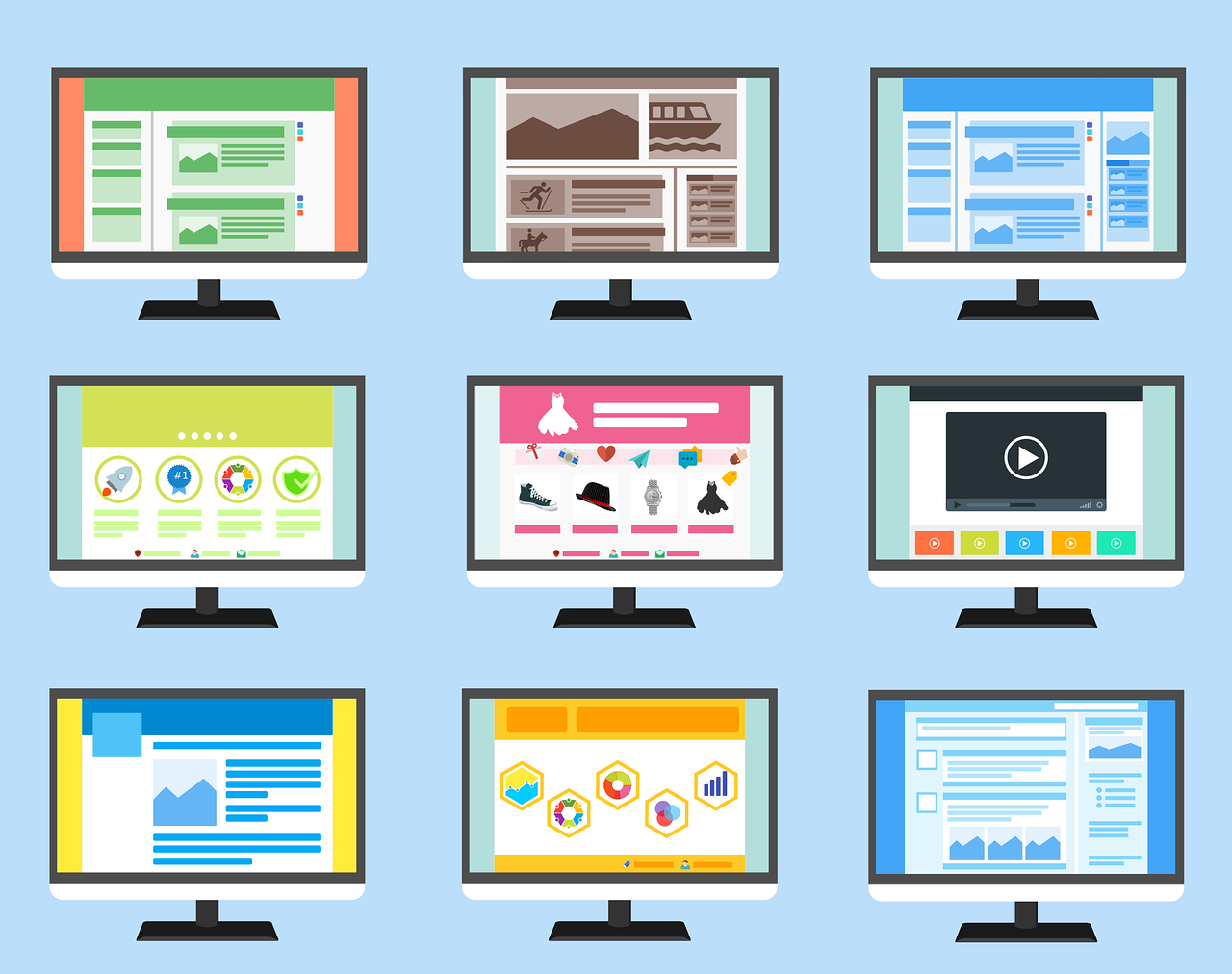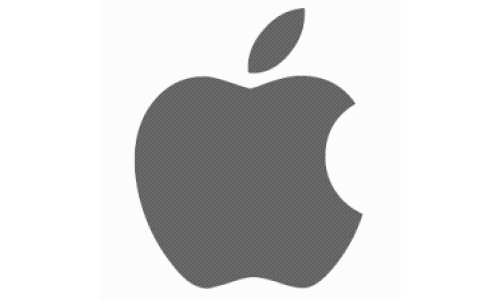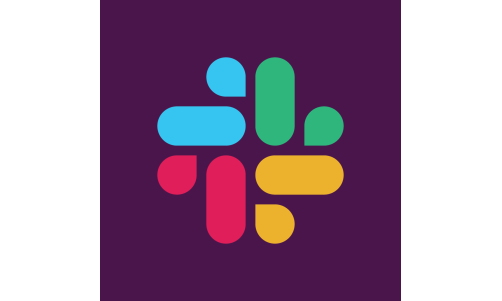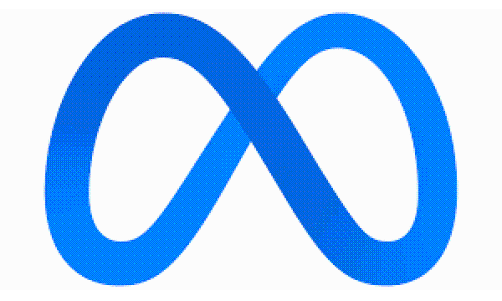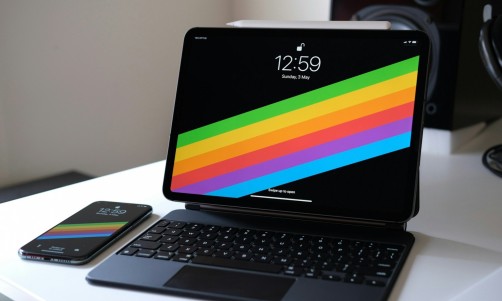Smarty heating, cooling, and air conditioning systems (HVAC) allow maintenance data to remain available to technicians who need them. Consumers can leverage apps to modify the settings on their HVAC systems. Contractors can get access to diagnostics coming in from these systems to make improvements.
Better HVAC products can incorporate weather forecasts into their operations, effectively lowering energy consumption and augmenting temperature regulation.
Like other common technology used to connect devices in IoT, HVAC systems seek to decrease environmental harm because of the increased attention to sustainability.
Understanding the Internet of Things
Incorporating IoT activates the smart features of different gadgets, including HVAC systems. The most recent IoT-enabled sensors are equipped with features that can send a lot of data considered important to consumers, producers, and technicians.
The sensors are configured to take measurements of the weather, including the temperature, humidity inside and outside of the home, wind velocity, and air circulation. When the measurements are recorded, the data is transferred to a database where the HVAC system can leverage the internet's abilities.
This way, the HVAC system can send status to apps and collect information like weather predictions and consumer preferences. This facilitates an automated modification of the system without needing human intervention.
Smart sensors are equipped with the ability to transfer data and communicate on Wi-Fi networks, Bluetooth, and typical electronic connections. This way, the systems containing these smart sensors can be more amenable depending on the needs of a specific HVAC system.
Connectivity remains a crucial feature of an IoT system because it facilitates the communication of the gadgets connected to the network to make automated modifications to the system.
Ways in which IoT enhances HVAC efficiency
Here are some ways IoT enhances HVAC efficiency:
Increased control for consumers
Advanced HVAC systems can regulate many more factors than temperature and modify system parameters to allow flawless thermal convenience. Consumers can alter how the systems factor in out-of-home temperature, humidity, and in-home insulation. Nevertheless, they can leave the IoT system to set these parameters robotically.
With a dashboard, the performance of a system can be reviewed, settings can get upgraded, and the home's power consumption over time can be analyzed.
Some IoT-enabled HVAC systems can estimate the alteration of carbon footprints based on statistics and predict your expenses based on your electricity consumption rates.
Constant access to the system's status allows all types of consumers to enjoy openness, predictability, and calmness. Consumers will have increased control over their energy expenses and their carbon footprints.
Data from the Department of Energy reveals that space heating takes a 45% chunk of Americans' utility bills. Estimates have shown that if households can migrate to newer HVAC systems like the IoT-enabled ones, they can experience a 30% drop in energy costs.
Sending out alerts for maintenance
The first versions of intelligent HVAC systems were limited to sending warnings to consumers when necessary maintenance was needed. Nevertheless, end-to-end services have broken these limitations by linking HVAC system users to technicians and maintenance providers.
These end-to-end services also transmit crucial maintenance information to the contractors. Better HVAC systems can automate maintenance scheduling or contact technicians once the system experiences an issue.
These sensors have high adaptability and can sense water leakage to cut off the system mechanically. They can pick out dirty filters that need changing or send alerts to indicate blowers that have reduced speed and are decreasing thermal performance.
When technicians get to the HVAC system, they'd already be equipped with enough information to begin fixing the issue. With smart HVAC systems, consumers experience swifter response times, predictability, and improved repairs even when the consumers are in a different location.
Boosting sustainability
Although HVAC systems have always been constructed with consumer convenience as the dominant result in mind, groups and regions around the globe are increasingly fixated on sustainable tech.
An Energy and Building journal report states that an average of 30% of energy consumption in first-world nations is centred on HVAC systems. This is higher than industrial energy use and the expenditure on transportation.
When HVAC systems have IoT integrated, there'd be zero trade-offs between consumer comfort and energy efficiency. Smart HVAC systems can augment energy consumption in real-time without service disruption.
AI algorithms can pass data between the HVAC system and the internet to regulate thermal convenience and energy efficiency. Innovative HVAC systems with integrated AI are way better at regulating temperature and maximizing energy than conventional thermostats.
Research conducted in 2020 showed that AI-enabled smart HVAC systems enhanced consumer convenience by 20% and dropped daily energy usage by the same percentage during high summer heat levels.
AI deep learning and machine algorithms can fit various climates, buildings, and customer choices.
Exploration of IoT-enabled HVAC systems
Several sectors have begun to delve into the IoT segment, financing research into the field and reducing expenditure. IoT systems come with different prices and features that satisfy all consumers.
Breakthroughs made in various computing fields like AI helps the IoT sector to become better and highlights new applications of systems. Smart HVAC systems have proven to be reliant since they can decrease energy usage and optimize temperature regulation.
In the years to come, IoT technology will continue to get better.
IoT-enabled HVAC systems facilitate data transmission to a central database so that the power of the internet can be utilized. That's why intelligent HVAC systems don't need to be configured and can set optimal temperature conditions based on what is learned from user preferences.
IoT improves HVAC efficiency by boosting sustainability, automatically transmitting maintenance alerts to technicians, and granting consumers increased control. As fields like artificial intelligence make breakthroughs, they're sure to positively impact IoT systems and improve them.

